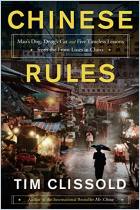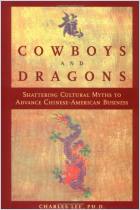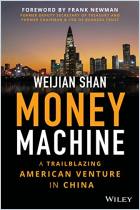Join getAbstract to access the summary!

Join getAbstract to access the summary!
Jim Mann
Beijing Jeep
A Case Study of Western Business in China
Westview Press, 1997
What's inside?
When AMC formed a partnership with China to build Jeeps, nothing happened according to plan. But lots happened.
Recommendation
This book is absolutely required reading for anyone contemplating any business venture or involvement in China. getAbstract.com also recommends it warmly to any student of contemporary Chinese history or global business. Author Jim Mann does an exceptional job of telling the harrowing story of a high-stakes joint venture that developed when American Motors set out to manufacture Jeeps in China. The battle lines were quite clear, and this "joint" venture proved to be quite a skirmish. The partners' expectations could not have been more different. Far from being a collaboration, Beijing Jeep was a contest in which the parties used deception, subterfuge and obfuscation to wrestle for what they wanted, while giving away as little as possible. The Chinese sought access to modern automotive technology and foreign exchange. The Americans chiefly wanted to sell to China's vast domestic market and to use low-cost Chinese labor in their supply chain. Beijing Jeep depended upon ongoing Chinese subsidies until Chrysler acquired AMC. This account effectively ends with that acquisition and with the Tiananmen uprising shortly thereafter, although the author added an updated epilogue. This Jeep's rough road offers critical lessons about driving business in China.
Summary
About the Author
Jim Mann served as the Beijing bureau chief for The Los Angeles Times from 1984 to 1987, and then returned to China in 1989. He now works as a foreign affairs columnist and State Department correspondent for the paper's Washington bureau.

























Comment on this summary